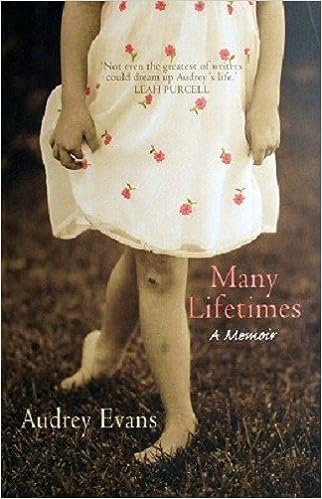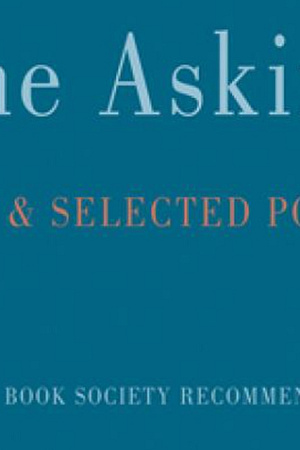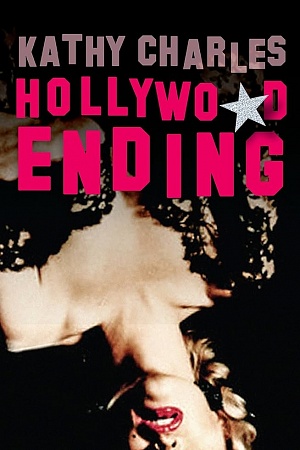Many Lifetimes: A Memoir
Random House, $32.95 pb, 280 pp
Lightdark
By definition, chiaroscuro is Italian for lightdark; in practice, it is a technique wielded by painters and graphic artists, whereby dynamic applications of highlight and shade are contrasted for dramatic impact. Along with Rembrandt and Caravaggio, Audrey Evans proves herself to be a master of chiaroscuro in her memoir, Many Lifetimes. One can see the hand of the artist as she sketches her truths in simple, yet striking, strokes; Evans writes with a raw honesty that turns a spotlight onto chosen moments in her life, and allows others to remain enveloped in darkness.
This technique is particularly effective in a work that admittedly suffers from the ‘vagaries of memory’. Although Many Lifetimes is generically linked to such works as Sally Morgan’s My Place (1987) and Roberta Sykes’s Snake Cradle (1997), the narrative structure of Evans’s memoir deviates from those written by her forerunners. The unpredictably segmented nature of her narrative suggests a hurried or desperate attempt to record fleeting memories; it also alludes to the author’s cyclic revisitation and repression of these memories. The retrospective recording of events more than half a century old forces Evans to be imprecise at moments when one would find precision in Morgan or Sykes. Yet, like a true artist, Evans accepts that an impression will never be as sharp as the original. Thus, she accentuates the unreliable nature of memory by encapsulating her life story in a series of chronological, yet seemingly sporadic, episodes. The result is a staccato narrative, wherein Evans adeptly describes some highlights and shadows, and leaves readers with a satisfying illusion of a complete picture.
Continue reading for only $10 per month. Subscribe and gain full access to Australian Book Review. Already a subscriber? Sign in. If you need assistance, feel free to contact us.












Leave a comment
If you are an ABR subscriber, you will need to sign in to post a comment.
If you have forgotten your sign in details, or if you receive an error message when trying to submit your comment, please email your comment (and the name of the article to which it relates) to ABR Comments. We will review your comment and, subject to approval, we will post it under your name.
Please note that all comments must be approved by ABR and comply with our Terms & Conditions.